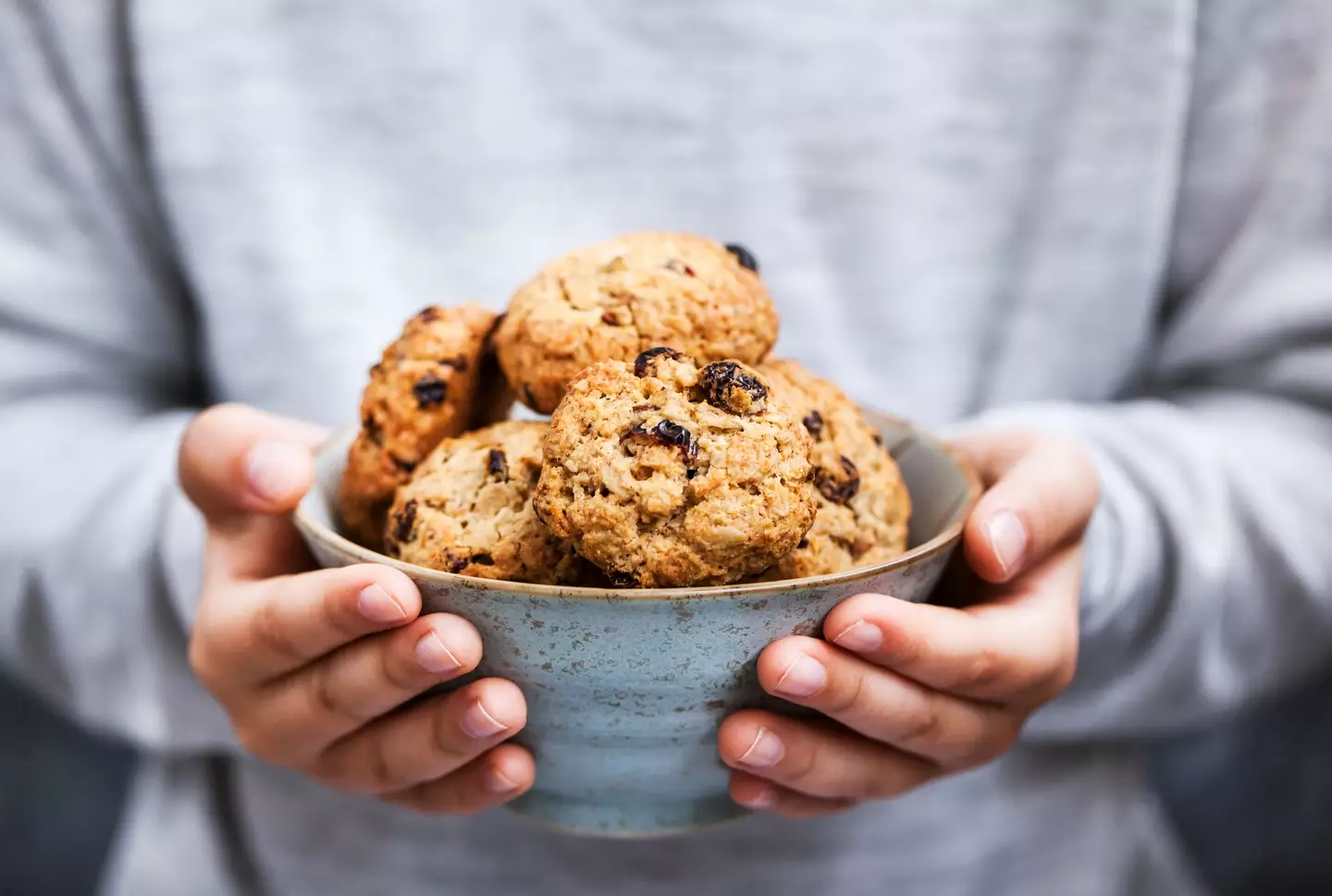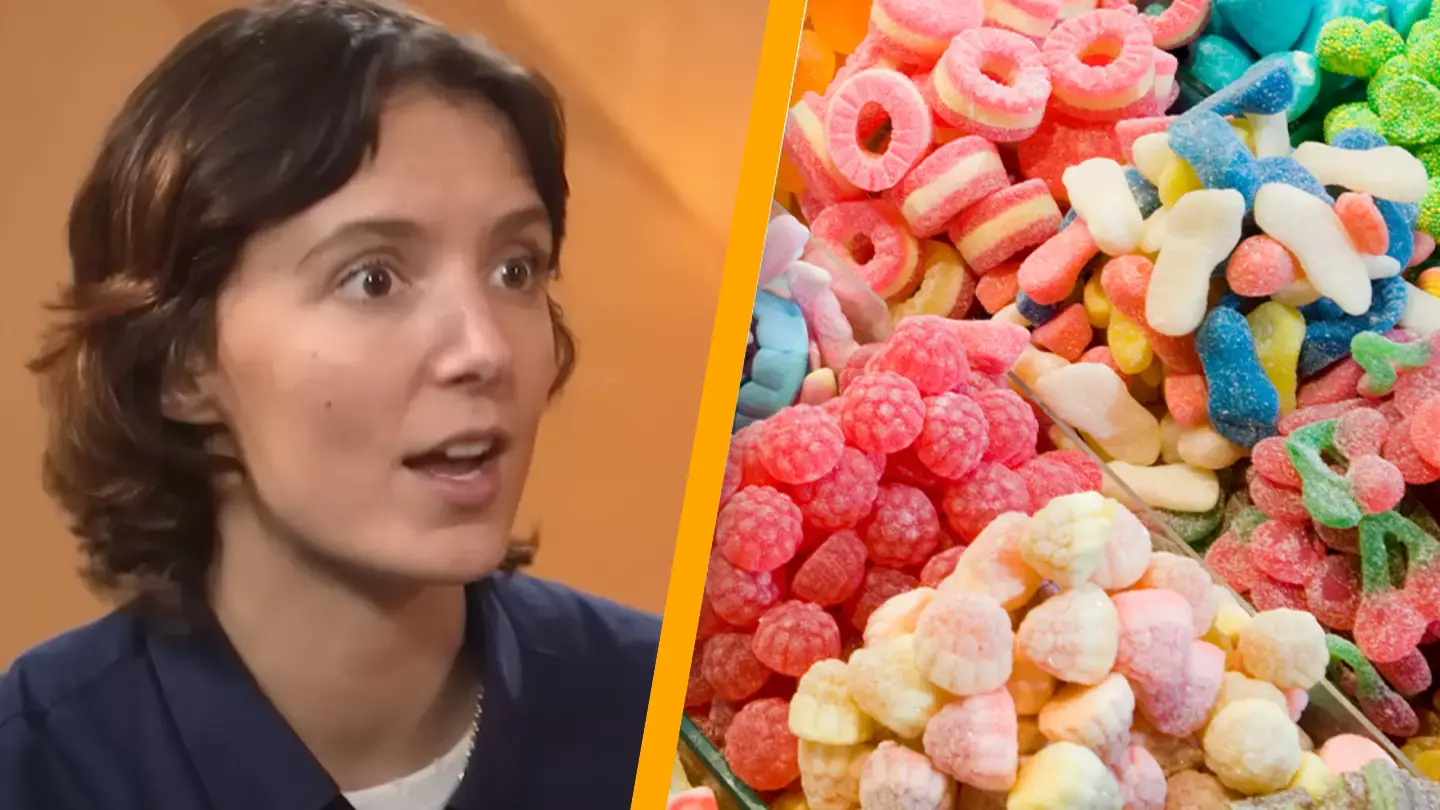Warning: This article discusses eating habits and diet, which may be distressing for some readers.
A biochemist has unveiled the effects of consuming certain foods at specific times and their impact on the body.
The idea of “New Year New Me” diets should be discarded, as consuming more than usual during the holidays doesn’t necessitate restricting yourself in January, or at any time, according to Jessie Inchauspé, a French biochemist and bestselling author.
Inchauspé, also known as The Glucose Goddess, promotes “basic common-sense strategies” that are “backed up by modern science,” explaining what occurs when you eat particular foods at certain times and identifying the optimal times to consume them.

In an episode of Lewis Howes’ podcast, The School of Greatness, Inchauspé clarifies that her approach to food and health isn’t about “diets” or trends, but rather about understanding “how your body functions” and “physiologically how and when to eat your carbs with less impact on your health”.
She mentions, “You can eat whatever you want.”
However, this doesn’t mean you should “overconsume” constantly. It’s all about balance and timing, Inchauspé emphasizes.
For those who left science behind early in school, Inchauspé explains: “Of course sugar is not good for us right, sugar causes glucose spikes that leads to inflammation, aging, insulin release. But the solution to this crazy food landscape that we live in, environment, is not to cut out stuff.
“I don’t believe in that. I think you try that for a week or you know, you’re like this year I’m never going to eat sugar at all, that doesn’t work – it never does.”
So, what does Inchauspé suggest instead?

She advises: “If you really want to eat some sugar, let’s say a cookie, a donut, or whatever. The best time to eat that sugar so that you have maximum dopamine from it – maximum pleasure – and less impact on your body is going to be after a meal as dessert.
“You want to always avoid eating sugar on an empty stomach and always avoid eating sugar in the morning.
“So breakfast should be savoury, in the morning, nothing sweet. “
But what happens if you do eat sugar at another time of the day?
https://www.youtube.com/watch?v=OwqOak7FEcc
If you have sweet pastries or sugary cereal in the morning, Inchauspé explains that as your body processes the sugar and carbohydrates, “they turn into glucose molecules which arrive into your bloodstream really quickly and cause what’s called a glucose spike” – “a blood sugar spike”.
“And then about 90 minutes later, your glucose levels are going to drop and you’re going to feel a crash. And now it’s 10am, 11am, and all of a sudden you feel more cravings for sweet foods. […] And then you spike again and then all day you’re on a roller coaster where you feel addicted to sugar because your brain when you’re experiencing a glucose crash after a spike, the cravings center in your brain actually activates and says ‘Let’s find a cookie’.
“And you want to avoid that because you cannot fight against the cravings center in your brain. That center is very powerful, it’s linked to evolutionary responses we have to low blood sugar.”
So, I hate to break it to you, but no sugary snacks or cereals, kids. Or you can just eat the biscuit anyway.
If you have been affected by any of the issues in this article and wish to speak to someone, contact National Association of Anorexia Nervosa and Associated Disorders (ANAD). You can reach them on their free hotline at 1(888)-375-7767, which is open Monday-Friday, 9am-9pm CST.

